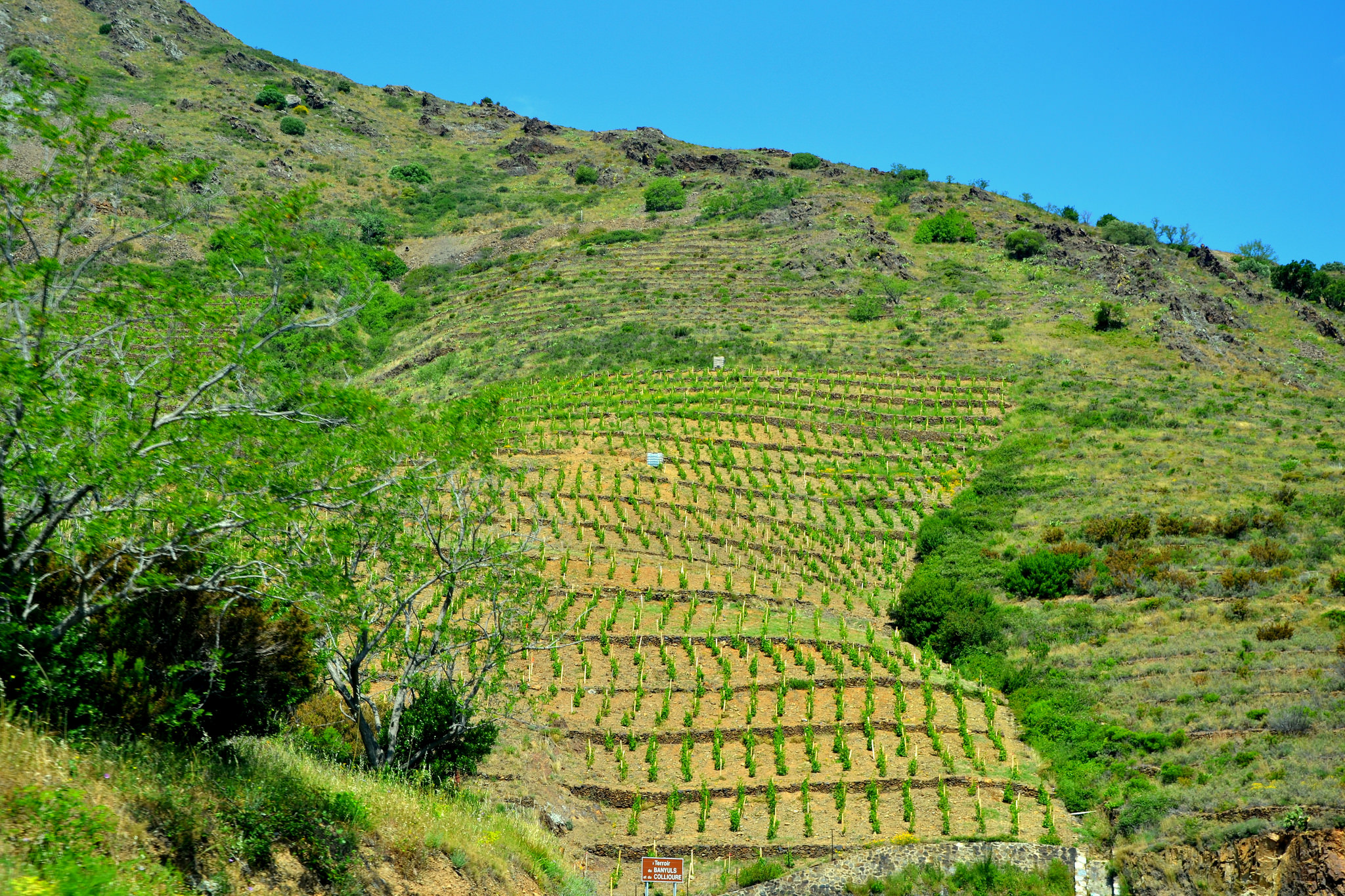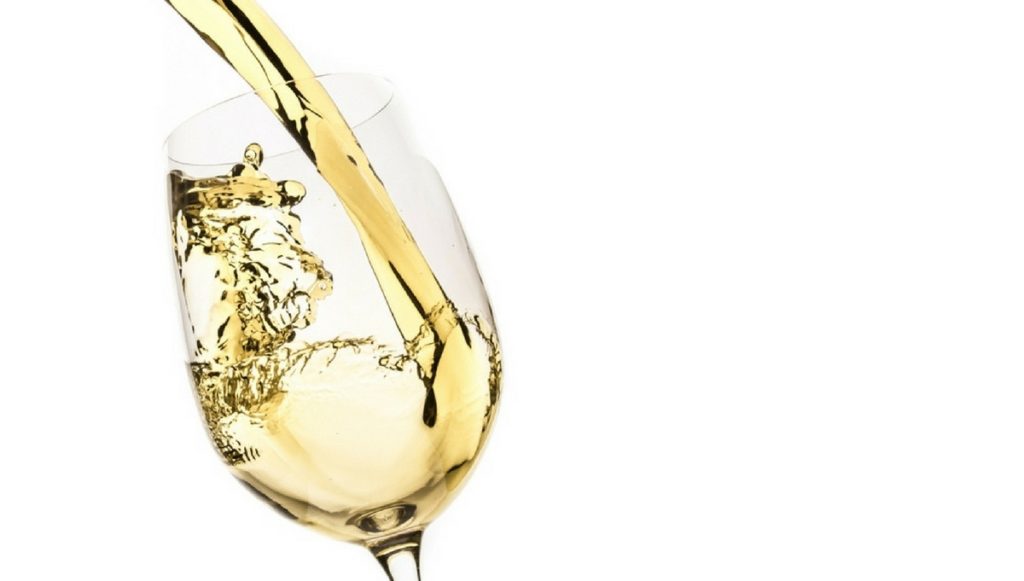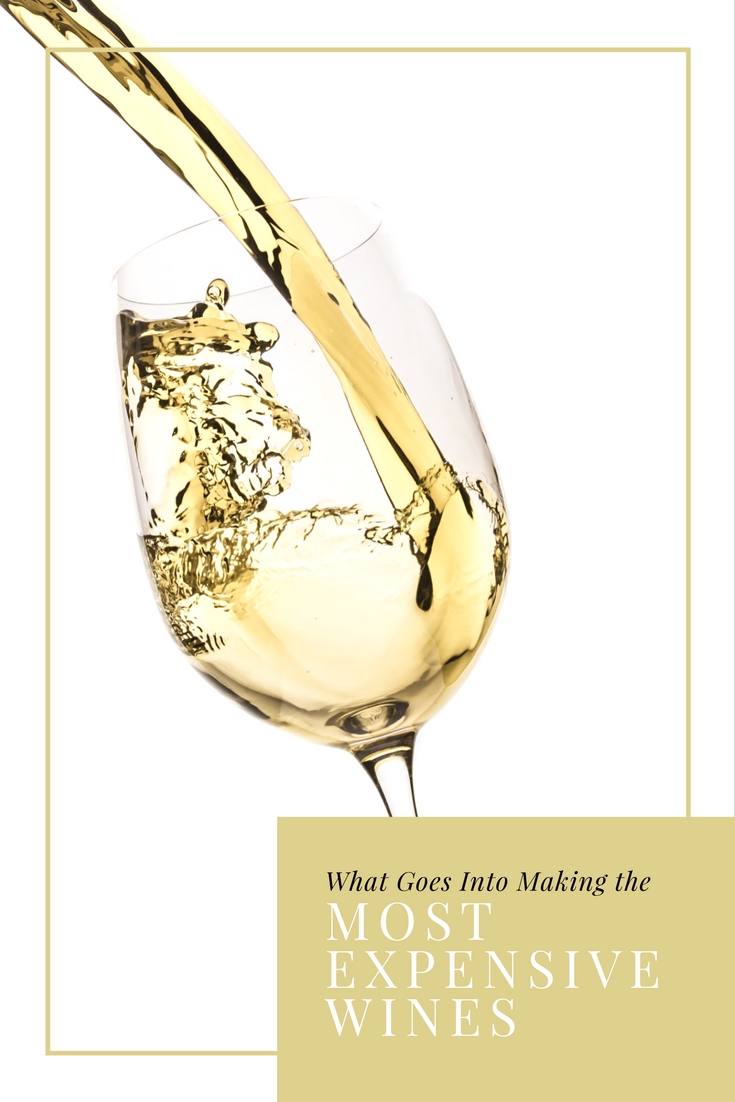There are many factors taken into consideration when determining the value of a bottle of wine. The most expensive bottles of wine sold at auction increased in value due to their distinguished provenance. Outside of auctions, however, what differentiates one bottle of wine from another? The reason some wines are more expensive than others starts from the ground up, literally. Three major traits that distinguish wines and their prices are terroir, oak, and time.
Terroir

Great wine begins in a great vineyard. The land on which the grapes are grown imparts a unique quality to the fruit that is specific to that growing site. The best vineyards tend to be in areas where the vines struggle to produce grapes. Hills with low nutrient soils tend to produce better grapes than fertile soils on flat lands. Wineries also focus on reducing their crop yields to improve the quality of their grapes. Large yields create less flavorful fruit, whereas vines that produce less grapes result in wines that have more intense flavors.
Oak

The most valued wines in the world are aged in oak barrels. New oak barrels are considered higher quality than older barrels. Why oak? First, oak adds natural flavors to the wine. In red wine, one can often distinguish certain oak flavors such as vanilla, almond, clove, and nutmeg. Oak flavors in white wines include fruit and vanilla. The second reason oak is valued for aging wine is that oxygen permeates through the barrels, which lends to a more concentrated and flavorful wine. The tannins become less intense and the taste of the wine becomes smoother.
Time
“Older is better” applies to red wine, primarily. Time reduces the acidity and tannin in wine, as well as changes the fruit flavors. The wine is rounder and smoother as it ages. A well aged wine has more subtle fruit notes, which tends towards a dried or stewed fruit taste. As the wine mellows, more subtle characteristics begin to emerge, rewarding the wine connoisseur for their patience.
Once the grapes have been cultivated and the wine made, there are other factors that impact the price of the wine, such as demand, marketing, and availability. At the heart of the wine making process, however, it is terroir, oak, and time, that have always distinguished the best wines from the others.











